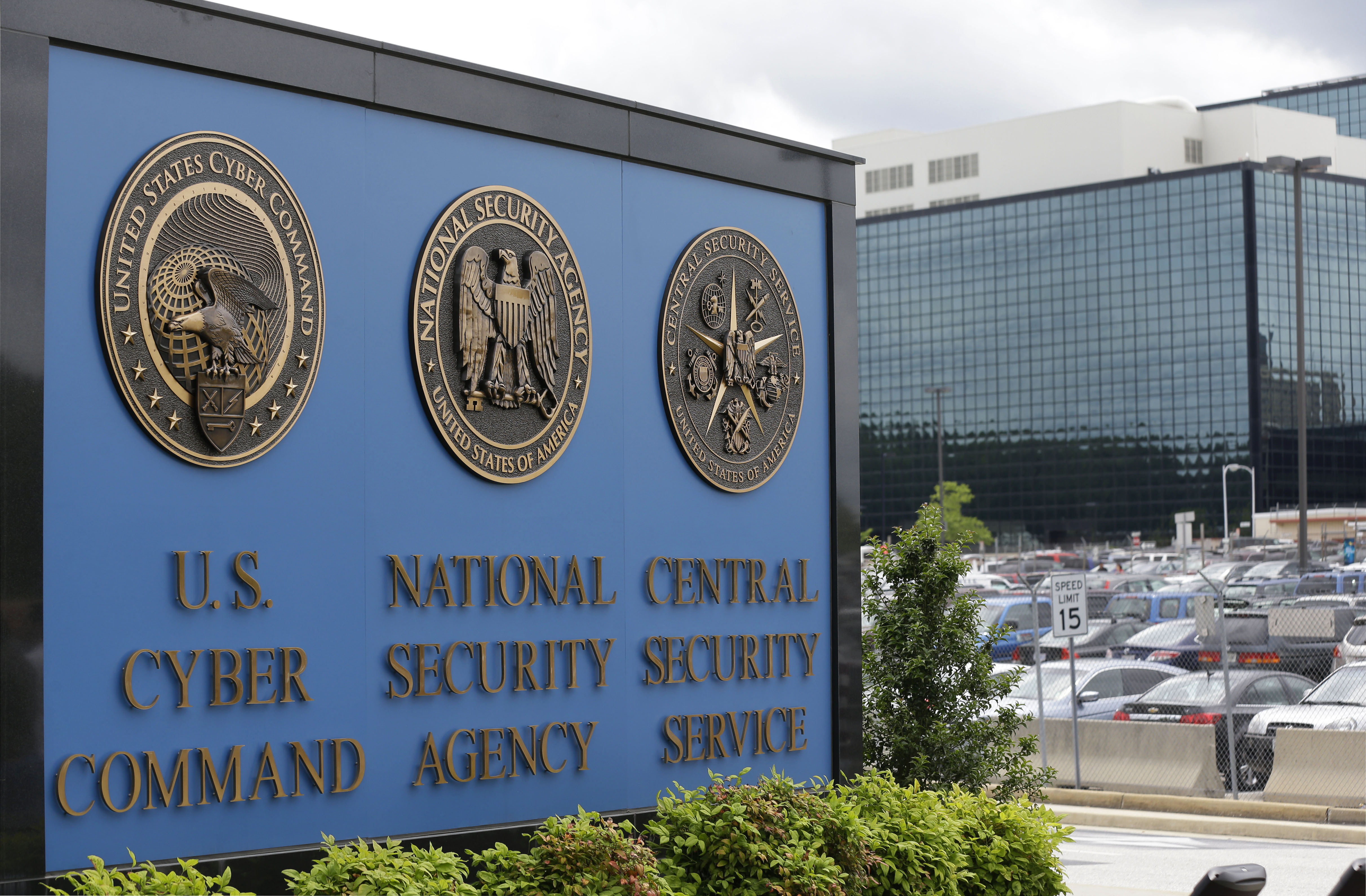The U.S. Constitution laid out three branches of government and established important checks and balances among those branches.
Videos by Rare
But somewhere along the way, our government managed to establish a new branch of government, with the ability to secretly collect massive amounts of data: the National Security Agency. It has a tremendous amount of power and virtually no oversight. It has its own court. It has its own rules and interpretation of laws. It does not report its operations to the Commander-in-Chief (apparently) and congressional oversight hasn’t stopped it from amassing a tremendous amount of data.
At least 30,000 employees work at the NSA. What are all these people doing? They are collecting and analyzing data on everyone. Enough data to warrant a 1.2 million square foot, $1 billion facility in Utah, which is “one of the U.S. Defense Department’s largest ongoing construction projects in the continental United States,” according to an NSA spokesperson.
Permission to access or use this data is rubber-stamped by a FISA court, which is nothing but a formality. The government presented 1,856 applications to the court last year and all 1,856 applications were approved.
This information is even being shared with other domestic agencies like the Drug Enforcement Agency. Worse still is the fact that these agencies are in turn told to lie to judges, and therefore the American people, about the source of this information. So much for due process.
The NSA collection of metadata breaks down into three distinct groups: American citizens, foreign allies and foreign enemies.
Foreign Enemies: Protecting our country is a vital role of the federal government and therefore I submit that few people take issue with the idea of spying on our enemies. We’d be foolish not to. After all, everyone else is doing it to us.
Foreign Allies: As much of an uncouth faux pas it may have been for our allies to find out that we are spying on them as well, it should not come as too big a shock. It also isn’t something we stop doing just because we were caught with our pants down.
American Citizens: Spying on American citizens is an entirely different matter because of the expectation of privacy protected by the Constitution. Unfortunately, many Americans don’t seem concerned about the practice and will give up their civil liberties so easily.
So the clandestine cat is now out of the bag and Washington is readying for this battle.
A bipartisan group of NSA skeptics in Congress are introducing the “USA Freedom Act,” which does the following: uses the Patriot Act to limit the collection of bulk meta data, creates an appeals process within the FISA court by establishing an “office of the special advocate,” and increases transparency of the FISA courts.
Meanwhile, lawmakers like Democrat Senator Dianne Feinstein of California want laws to protect the NSA’s ability to grab meta data. Arizona Republican Senator John McCain wants a select committee to hold hearings and investigate. President Obama has launched an internal and external review of our spying practices; the report will be released to the public in mid-December.
An important conversation is happening in Washington over the nature of the surveillance state and it is important that Americans engage in it as well.
There are important questions to consider: Who is really steering this ship? If Obama didn’t know, like he claims, that phones of 35 world leaders were being tapped by our government, then who should know? Should the person in charge of the NSA be a member of the military or a civilian? What kind of system do we need to ensure that there are real checks in place to balance the rights of the people in these secret courts?
This administration’s credibility is already waning, domestically and abroad. This “trust deficit” could not come at a worse time as we debate this critical issue, which relies heavily on the need to trust our government. Washington could pass laws and put checks in place to give the pretense of protecting our civil liberties, but how do we really know?
Secrecy will win out over transparency because the power of this data is simply too huge to give up. The problem is when this power gets into the wrong hands or is used for a purpose you may not like by an administration you may oppose, faith in the system deteriorates. It is key for this issue to sit well with the American public. If not, that faith may never be fully restored.
Spying and data collection is going to continue; we can’t put this genie back in the bottle. We now must decide how it will continue and how we balance our security with our civil liberties.
Related articles
- US weighs ending spying on allied heads of state (sfgate.com)
- Key senator wants ‘total review’ of intel programs (news.yahoo.com)
- Sen. Patrick Leahy Officially Introduces The USA FREEDOM Act In The Senate (webpronews.com)


